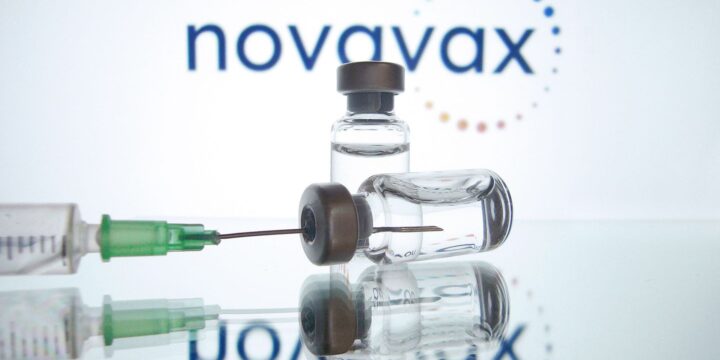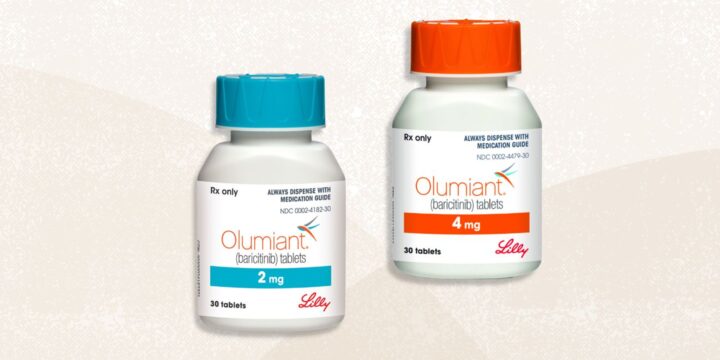
CBD Has Little Impact on Driving Even at High Doses
Cannabidiol (CBD) may not impair people’s cognitive abilities or driving skills when taken in doses commonly used for medical purposes, a small Australian study suggests.For the study, scientists asked 17 healthy adults to a complete a series of four driving assessments and cognitive tests after taking a placebo or CBD oil in doses of 15, 150, or 1,500 milligrams (mg). These doses represent amounts typically consumed to manage conditions like epilepsy, pain, anxiety, and sleep disorders, the researchers reported May 30 in the Journal of Psychopharmacology.In each of these four testing scenarios, participants completed tasks between 45 and 75 minutes after taking the placebo or the dose of CBD oil, then again between 3.5 and 4 hours afterward. CBD is thought to reach peak concentrations in the blood within three…








